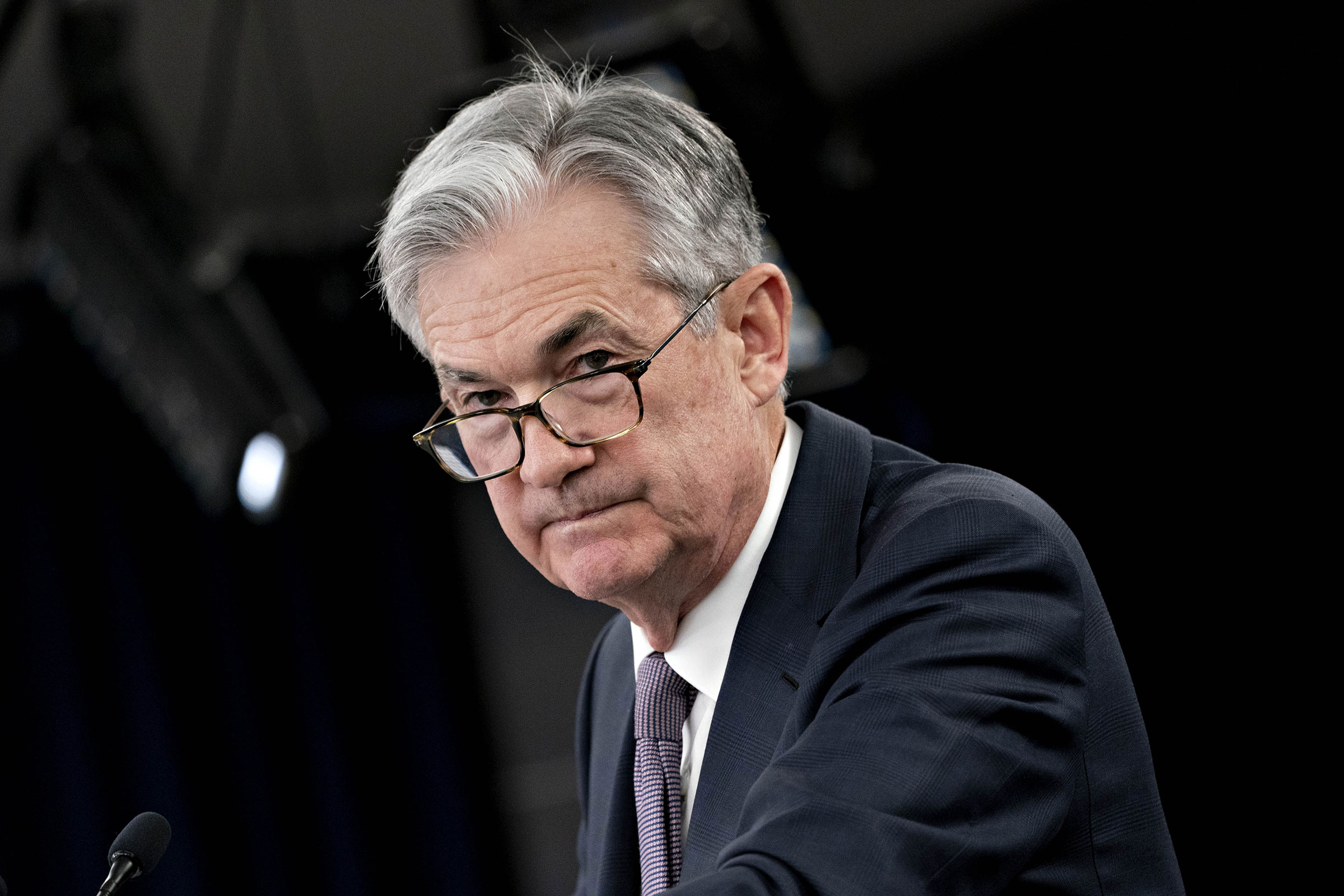Jerome “Jay” Powell became chairman of the Federal Reserve in 2018, in what seemed likely to be a peaceful period in central banking. The U.S. economy was in the ninth year of expansion, with unemployment and inflation low, and a seemingly stable financial system. For a time, his greatest challenge seemed to be how to preserve the independence of the Fed from a President eager to reassert political control over monetary policy. He handled that threat with characteristic calm and grace—and then led the Fed’s stunningly powerful response to the existential threat of the pandemic with great personal strength. He has kept the Fed an island of competence in the sea of incompetence that is the U.S. political system, helping soften the damage to the economy from a staggering public-health failure. His creative use of the Fed’s powers—such as backstopping the entire corporate credit market—helped protect the foundations of the global financial system. In doing all this, perhaps most important, Jay Powell has demonstrated to Americans the value of integrity, experience and expertise in public policy, and reminded the world of what the U.S. can achieve when it puts its heart into it.
Geithner was the 75th U.S. Treasury Secretary and is the president of Warburg Pincus
- The 100 Most Influential People of 2024
- Coco Gauff Is Playing for Herself Now
- Scenes From Pro-Palestinian Encampments Across U.S. Universities
- 6 Compliments That Land Every Time
- If You're Dating Right Now, You're Brave: Column
- The AI That Could Heal a Divided Internet
- Fallout Is a Brilliant Model for the Future of Video Game Adaptations
- Want Weekly Recs on What to Watch, Read, and More? Sign Up for Worth Your Time
